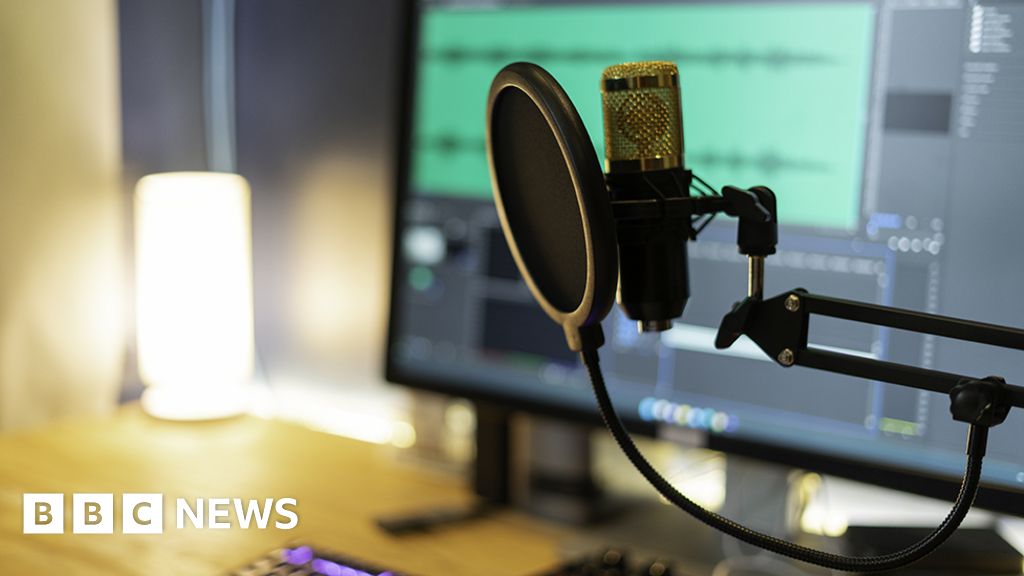The threat posed to democracy by AI-generated misinformation does not belong to some dystopian vision of the future, he argues.
"The future is here. It’s happening.
Thr UK isn’t ready for the misinformation put out by the British media already
Protestation Returns, House of Lords Record Office, summarized in Schofield, ‘Illiteracy in pre-industrial England’, p. 11; Essex figures are derived from returns to the Protestation of 1642, the Vow and Covenant of 1643 and the Solemn League and Covenant of 1644, Cressy, David, ‘Education and literacy in London and East Anglia, 1580–1700’, Cambridge University Ph.D. thesis, 1972, pp. 283–94 Google Scholar. Declarations from three Suffolk and one Norfolk parishes preserved in local collections show 46 per cent illiteracy in Suffolk and 72 per cent in Norfolk, Cressy, , thesis, p. 294 Google Scholar, and Breckles, Norfolk, parish register with incumbent.
It was a utopian time, free of the troubles of the modern era.
As generation models continue to improve we could end up in a world where it’s impossible to trust what we can see and hear in recorded media. Considering how central the media is to modern society in general, let alone politics, that’s going to have grave consequences.
There’s no obvious way to combat the deepfake threat either. The output of these generative models become harder to detect as generated by design. As hardware and software improves, it will also become easier and easier for people to run these models. There are already many image models that can already be easily run on a typical gaming computer. With how widespread it could become there is little chance of “banning” them.
I think one approach could be to instead focus on ways to verify genuine media rather than trying to detect or control the fakes. But with how readily some people will already trust obviously dubious sources of media, even that might not be enough.
I’m not from the UK, but I have never relied on random peoples internet videos for elections. I get their pamphlets and agendas from their websites and also look back on what official things (laws, regulations, contracts) they actually did if they were in power before.
I’ve been saying for a couple of years now that we’re going to go back to townhall meetings and live rallies.
This is the best summary I could come up with:
The UK government says it is taking steps to protect elections from foreign interference, through a Defending Democracy Taskforce launched last year and chaired by Home Office Security Minister Tom Tugendhat.
What is new, as the National Cyber Security Centre (NCSC) - an arm of GCHQ - pointed out in its annual report, is the easy availability of powerful, generative AI tools, which can be used to create convincing fakes.
“Large language models will almost certainly be used to generate fabricated content, AI-created hyper-realistic bots will make the spread of disinformation easier and the manipulation of media for use in deepfake campaigns will likely become more advanced,” warns the NCSC in its report.
In November, a fake audio clip of London Mayor Sadiq Khan calling for Armistice Day to be re-scheduled due to a pro-Palestinian march circulated widely on social media.
And he is part of a group of Tory MPs who have written to Science Secretary Michelle Donelan to demand clearer guidance for social media firms to help them comply with recently passed national security laws aimed at combating foreign interference.
One security source told the BBC that while deepfakes might be the longer-term threat, the more immediate issue was likely to be the use of AI to craft more effective “spearphishing” emails, which encourage people to click on links leading to their computers being compromised.
The original article contains 1,370 words, the summary contains 227 words. Saved 83%. I’m a bot and I’m open source!
The photograph or audio recordings weren’t available until something like the end of the 19th century, so the tactic of introducing questionable ones wasn’t even necessary until then; you could just claim that someone said or did whatever prior to that point.
I know that here in the US, politicians being accused of saying one thing in campaign speeches in one place and another thing in another were part of what went on, since there wasn’t a reliable way of proving what they said in one place. I expect that people will figure out ways to deal with things.





